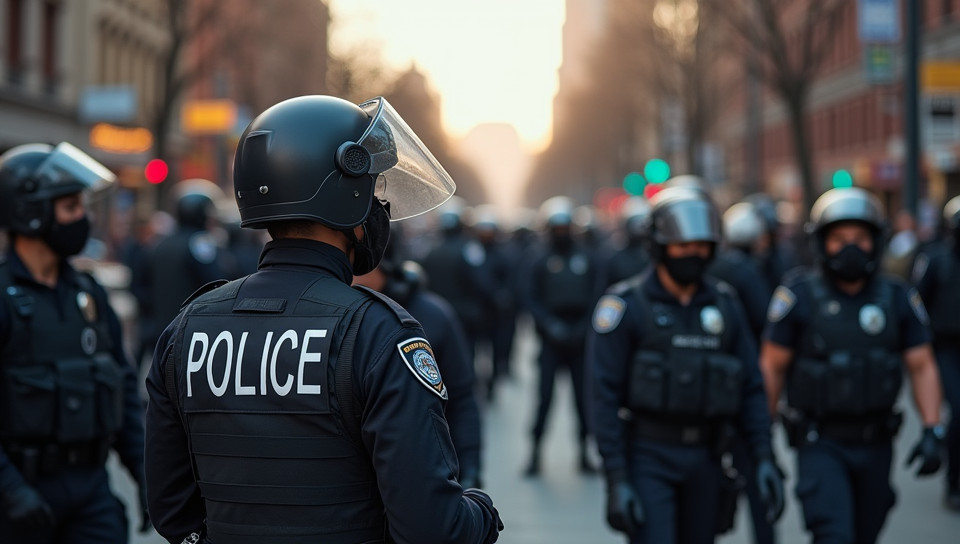Systemic racism leads to biased policing in many communities 61%

Systemic Racism and Biased Policing: A Growing Concern in Communities Across America
Racial disparities in policing have long been a contentious issue, with communities of color frequently bearing the brunt of biased law enforcement practices. From traffic stops to arrest rates, the data is clear: systemic racism leads to biased policing in many communities. This phenomenon has far-reaching consequences, eroding trust between law enforcement and marginalized populations while perpetuating cycles of violence and inequality.
The Roots of Systemic Racism
Systemic racism is a complex issue that permeates every level of society, including institutions like the police department. It's a product of historical and ongoing prejudices, which have been embedded in our social structures over time. This results in discriminatory practices that disproportionately affect communities of color, often based on their race or ethnicity.
The Impact on Communities
The consequences of systemic racism in policing are devastating for communities of all sizes. Some of the most pressing concerns include:
- Lack of trust between law enforcement and marginalized populations
- Disproportionate arrest rates and incarceration rates
- Increased police brutality and use of excessive force
- Racial profiling and targeting of specific groups
The Role of Institutionalized Bias
Institutionalized bias is a critical factor in perpetuating systemic racism within policing. This can take many forms, including:
- Implicit bias: unconscious attitudes or stereotypes that affect decision-making
- Stereotyping: relying on preconceived notions about individuals based on their group membership
- Lack of diversity and representation: insufficient numbers of minority officers or leadership
The Need for Reform
Addressing systemic racism in policing requires a multifaceted approach. This includes:
- Implicit bias training for law enforcement officers
- Increased diversity and representation within police departments
- Community-led policing initiatives that prioritize trust-building and de-escalation techniques
- Independent review boards to investigate allegations of police misconduct
Conclusion
Systemic racism leads to biased policing in many communities, perpetuating cycles of violence and inequality. To address this issue, we must acknowledge the historical and ongoing nature of these prejudices and work towards meaningful reform. By prioritizing implicit bias training, diversity and representation, community-led policing initiatives, and independent review boards, we can begin to build trust between law enforcement and marginalized populations. The road ahead will be long and challenging, but it's essential that we take this critical step towards creating a more just and equitable society for all.
- Created by: Sofia Mendoza
- Created at: Sept. 11, 2024, 9:40 p.m.
- ID: 9187





